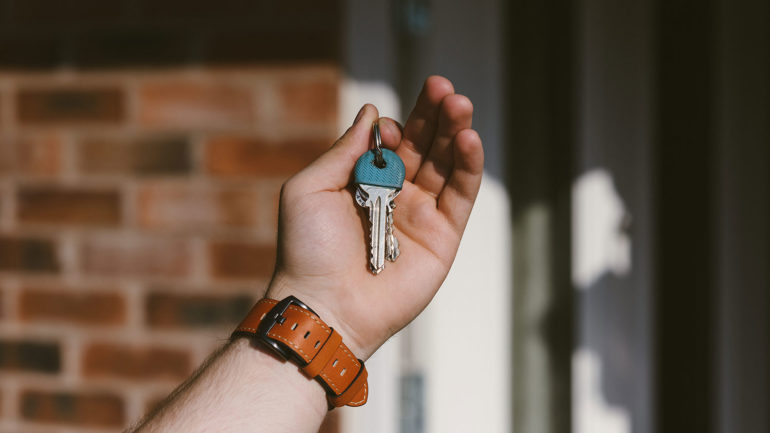
- February 28, 2019
- Uncategorized
- No Comments
The conversation around buying real estate was grim for a few years after 2008, to say the least. Some people err closer to “I’ll never be able to buy a house, I’ll just comfortably rent,” than “I am going to save up for a down payment.” And while buying a house in a major metropolitan area like New York City, San Jose, or Los Angeles, may be a far out dream for some, you’d be surprised how affordable smaller suburbs are…. if you know how to look.
If you’ve found a neighborhood within your price point, but you’re not sure where you should begin to save for a down payment, here are a list of thought starters:
1. Refinance your car
Refinancing is an excellent financial tool many of us are afraid to take advantage of. If you have good credit or if your credit has been improving, consider re-evaluating where your money is going. Refinancing your auto loan is great if you’d like lower monthly payments or a lower interest rate. Every lender has different requirements for refinancing, so be sure to shop around. Sometimes, it may make sense to trade in for an older model so you can have smaller payments.
2. Consolidate your credit card debt
Getting rid of interest or finding ways to get lower interest is a huge part of cleaning your finances up. Another place you may be losing money without even realizing it is through high credit card APRs. If you have debt spread across multiple credit cards, especially store cards which often have high-interest rates, consider consolidating them to one card. Not only does it become more straight forward to pay, by cutting out multiple interest fees, you’ll also be able to save more money.
3. Create a plan to eliminate debt altogether
It goes without saying that creating a plan to eliminate your debt altogether is a pillar of good financial health. It begins with cutting down the amount of interest you’re paying. Evaluate all your outgoings each month: student loan debt, credit card debt, car loan debt. Pay off what you can, and make payment plans for what you can’t. Another lurking source of financial stress is medical debt. In most cases, whether it’s a hefty emergency room bill or blood tests that cost more than you anticipated, you can set up a payment plan. Just make sure that nothing goes into collections, because that will affect your ability to get a mortgage.
4. Cut out small expenses
We all spend money on small things that seem insignificant in the moment but end up adding up in significant ways. Coffee, multiple streaming services, take out, certain fitness classes, driving excessively… Don’t deprive yourself of necessities, but critically evaluate where your money is going and where a cheaper option might make sense. You probably don’t want to opt for cheaper healthcare, for example, but you probably can make the decision between Netflix or Hulu. Regularly reviewing these kinds of regular payments can potentially free up hundreds of dollars a month. If you’re not sure where to start or feeling overwhelmed, take it one step at a time. For people who are more ambitious or feel like it’s a less insurmountable task, one way to start is to print out your monthly bank statements. Grab different colored highlighters and a pen and start making a note of where money is going: yellow is for takeout, green is for ride-sharing services, and so on. Some banks will even provide a service where they analyze where your money is going for you, so it’s easier to get an overview.
5. Make a plan to save
This seems intuitive, but in truth, it’s something that a lot of folks just don’t do! If you have extra money at the end of each month or two week pay period, put it aside in a savings account. It’s tempting to spend money like that on entertainment, but just like your seemingly insignificant outgoings… you’d be surprised how quickly savings add up. Two hundred dollars here and three hundred dollars there over the course of two or three years quickly can become several thousand dollars! If savings aren’t possible for you at this time, it’s okay. If you clean up your finances, chances are you’ll be unlocking enough money to start putting away for a down payment.
One word of caution: There are loan sharks out there that will claim they’ll be able to offer you a loan for a down payment. Remember that you’re likely already taking out a loan for your mortgage, though. It seems tempting at the time, but it’s safer to save up money and pay your down payment that way.
